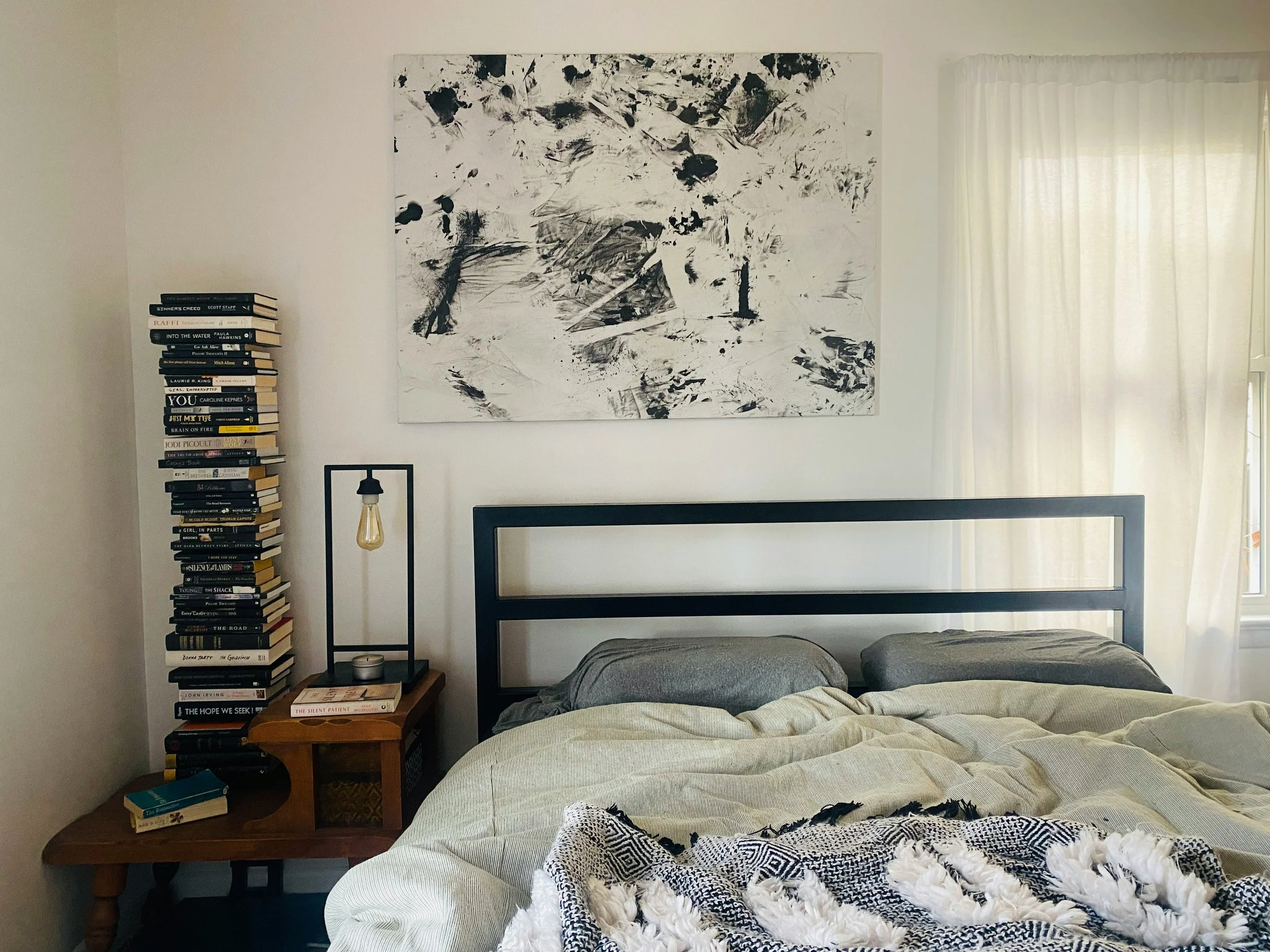Stop Bedtime Procrastination, Sleep Better: New Study Reveals Simple Tricks
Being on your phone instead of sleeping: Bedtime procrastination has become widespread. Simple tricks can help you get back to bed without your smartphone.
Many people put off important tasks or studying for exams. A relatively new form of procrastination is scrolling through social media or other screen-based activities that delay falling asleep. New studies show how this "bedtime procrastination" negatively impacts daily life and can even have health consequences. But there's good news, too, as the latest research findings show a way to overcome these habits.
The University of Adelaide study developed a program called REST-O, which stands for "Reduce Evening Screen Time Online Program." An initial trial run of REST-O already showed promising results. With a few small behavioral changes, participants reduced their evening screen time by up to 53 percent, and they slept better and longer. The improvements lasted even after the two-week program, in which participants - all of whom suffered from bedtime procrastination - were randomly divided into three groups.
Small Changes Led to Less Bedtime Procrastination and Better Sleep
REST-O showed participants simple behavioral strategies to combat phone use before bed.
Relaxing Alternatives: Replace the habit of social media scrolling with a different evening ritual, whether it's reading a book, doing relaxation exercises, meditating, stretching, or writing in a journal.
Environmental Trick: Place the smartphone charger outside the bedroom and leave your phone there overnight. Use a classic alarm clock instead of your smartphone and create a cozy, screen-free atmosphere in the bedroom.
30-Minute Rule: According to the study, a "screen break" 30 minutes before your planned bedtime has a big effect. Furthermore, fixed bedtimes positively impact healthy sleep, as shown by a study in the journal Sleep Medicine.
Consciously Enjoy Downtime During the Day: Instead of having to catch up on "me time" before bed, consciously schedule and reserve time for yourself during the day.
Research on bedtime procrastination is currently in full swing. A study in the journal Current Psychology concluded that smartphone addiction, chronotype (whether someone is a morning or evening person), and bedtime procrastination are closely linked. Similar to the REST-O study, small nudges were used to encourage behavioral changes directly on the smartphone.
For example, successful changes included settings that automatically activated a night mode or "do not disturb." Weekly reports on screen time also had an effect, as did pop-up reminders to put the phone away. Additional hurdles were also used. If you have to confirm again that you really want to open an app in the evening, it breaks your routine and makes you reconsider whether it's a worthwhile activity.
After just two weeks, less bedtime procrastination and less smartphone use were observed. It's not clear how long this lasts. Other, similar studies report effects lasting at least six weeks.
Recognize and Counter Triggers for Everyday Procrastination
Cognitive behavioral therapy is also an effective method against procrastination during the day. Many of the techniques can be applied by yourself - as long as you don't postpone the fight against procrastination until later.
A major problem with procrastination lies in the thoughts and fears of those affected. They see tasks as too difficult and therefore don't even start. Or they simply don't feel like it. Perfectionists can also procrastinate because they prefer no result at all over an imperfect one. Chronic procrastination quickly becomes a vicious cycle, creating guilt, negative thoughts, and self-doubt.
To overcome procrastination, you must work on these thoughts. Studies show that programs focusing on realistic goals, motivation, and self-confidence are successful. Meditation and mindfulness can also help to recognize impulses without being immediately distracted by them.
Research has identified various triggers for procrastination. If you recognize them, you can reverse them and use them as an antidote to putting things off.
Different Strategies Help Against Procrastination
If you find a task too difficult, get support or break it down into smaller, quickly manageable steps. This reduces the mental hurdle and provides a quick sense of accomplishment. The 2-minute rule is also helpful: Start with a sub-task that takes less than two minutes. The brain loves success and automatically wants to continue, which often leads to a natural workflow where more is done than originally planned.
If a task is too boring or unmotivating, psychologists recommend creating artificial incentives. Playful elements like timers (e.g., Can I pay 10 bills in 15 minutes? Can I answer 10 emails in 15 minutes?) or small rewards after completing sub-steps make the brain happy.
For overwhelming projects, it helps to radically narrow your focus. For your tax return, just fill in all your personal details. Or when tidying up, only start with one small corner. Researchers refer to these as micro-goals, which give a sense of control back.
Another trigger is perfectionism: The fear of delivering imperfect results blocks the start. This is where the "draft strategy" comes in, where you consciously begin imperfectly, without correcting mistakes. The demand for perfection is only allowed in a later revision phase.
Forgive Yourself: Procrastination is Often Learned Early
Recent studies also emphasize that procrastination is often less a time problem than an emotional one. Those who are better at perceiving and regulating unpleasant feelings like uncertainty, boredom, or overwhelm also significantly reduce the urge to put things off. Mindfulness training, breathing exercises, or meditation can help with this.
It's also important to replace self-criticism with self-compassion and to forgive yourself. Dwelling on past procrastination is just as unhelpful as beating yourself up for it. Procrastination isn't a character flaw, but a behavioral pattern, often learned and ingrained in childhood. This means it can also be overcome, as various studies show. Bedtime procrastination may be a good starting point, as the REST-O study led to significant improvements with simple behavioral changes in just a few weeks.
However, overcoming everyday procrastination, like paying bills, writing papers, studying, or other tasks, takes longer. You shouldn't expect miracles in a short time, but an improvement within a few months. Even then, no one will be perfect; everyone procrastinates now and then. The goal must be to shed chronic procrastination.
By knowing your personal triggers and tackling them with small, manageable steps, you can break the vicious cycle and become more productive, relaxed, and content in the long term.
Sources
Universitätsspital Basel (2024): When procrastination endangers health
Frontiers in Psychology (2025): The impact of basic psychological needs on academic procrastination
Sleep Medicine (2025): Failing to plan: Bedtime planning, bedtime procrastination, and objective sleep in university students
Get your weekly dose of good news every Wednesday morning. We'll send you all the new Happy Spot articles with quick summaries, along with the week's top headlines featuring good news worth reading. P
Some stories are just too good not to share. Happy Headlines brings you positive news and heartwarming content from around the world, curated directly from other platforms.








